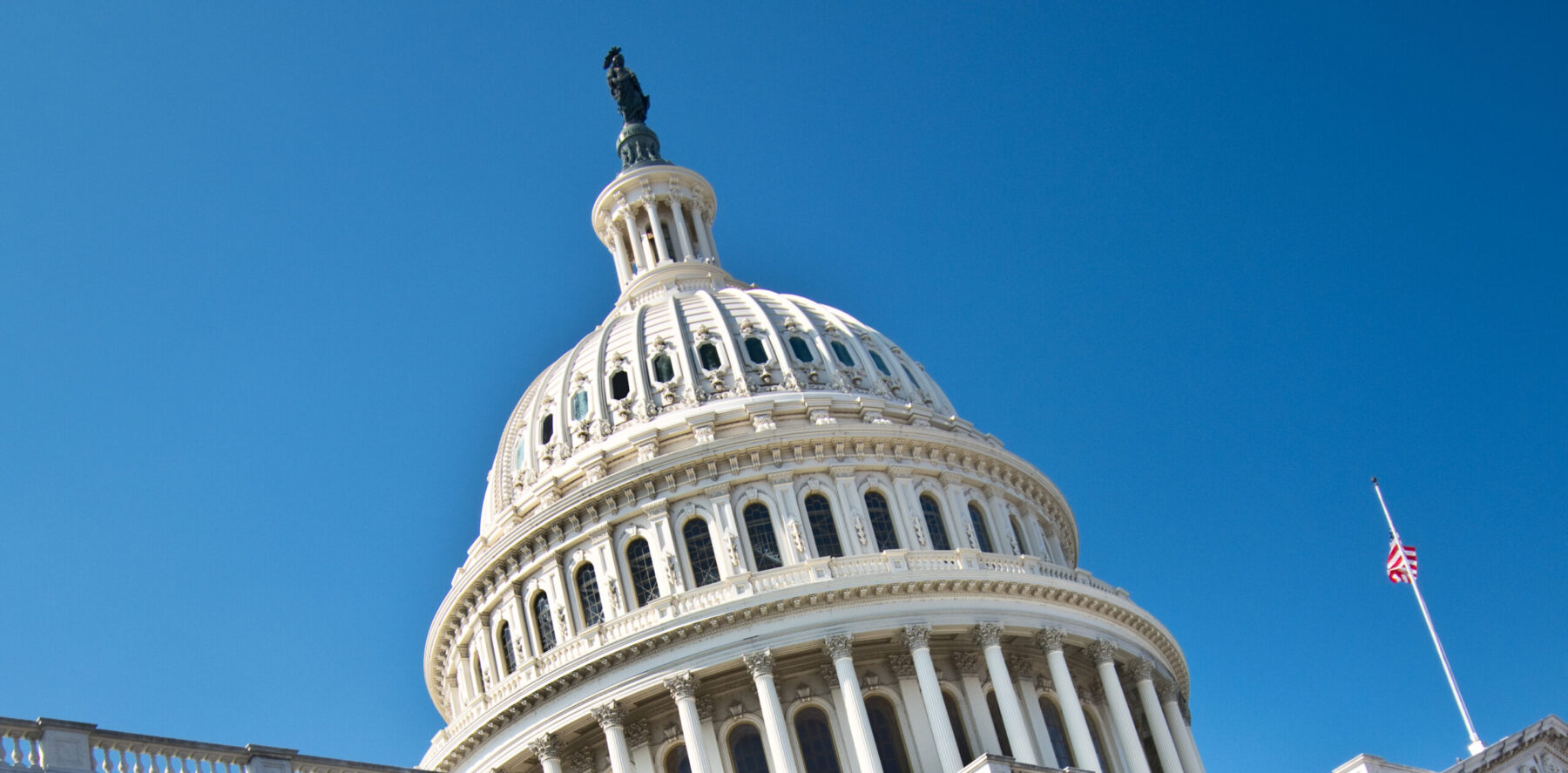Through study in Political Science, students grow into actively involved, engaged and thoughtful global citizens. The political science graduate obtains a background in research, critical thinking, technical proficiency, issue awareness, and various leadership traits such as compassion, empathy, and initiative for change—all profoundly needed in service to the public good.

Political Science
WHY STUDY POLITICAL SCIENCE AT CHC?
Through courses that range from Constitutional Law to Politics in the Middle East, the Political Science program at CHC is diverse, flexible and allows students to discover their niche and follow their specific interests. Along the way, students will cultivate several “hard” and “soft” versatile and transferable skills that are crucial in today’s 21st century work environment.
Additionally, the program’s faculty bring years of academic and non-academic experience into the classroom, all of which benefits the students. Due to small class sizes, professors can effectively prioritize their roles as teachers and mentors and develop close relationships with their students in the process. The faculty assists the students from acceptance to the college and beyond, helping students secure internships, establish meaningful connections and opportunities for paid research collaboration positions. In all, CHC professors are dedicated to seeing their students succeed and will actively do what they can to make that happen.
Political Science is a competitive, flexible and well-regarded major that results in job opportunities across all job sectors: public, private, and non-profit. The skills acquired in the political science program and lead to diverse career paths including but not limited to:
- Law and Public Policy
- Federal, State and Local Government
- Education (at all levels)
- Issue Advocacy
- Communications and Media
- Public Relations
- Data Analysis
- Political Consulting
Internships:
Political science majors at CHC are encouraged to extend their classroom experience by taking on one or more internships throughout the course of their academic careers. Internships are critical in securing employment post-graduation but more than that, they allow an individual to grow and take their classroom knowledge and apply it in a real-world environment. Our students have obtained high level internships both in the Philadelphia area and beyond. In addition to numerous placements in private law practices, some other recent internship placements include:
- Office of Congressman Dwight Evans
- Office of Congresswoman Madeleine Dean
- Office of Philadelphia City Councilman David Oh
- Office of Philadelphia City Councilwoman Cindy Bass
- Global Education Motivators (GEM)
- Office of Philadelphia Mayor Jim Kenney
Post-Undergraduate Education:
Our CHC political science alums have gone on graduate school in a variety of fields:
- Temple University Graduate School College of Liberal Arts (recent alum in Masters of Public Policy and Masters of Public Health dual degree program)
- Villanova University Graduate School College of Arts and Sciences
- Temple University Law School
- Villanova University Law School
- Widener University Law School
- University of Florida Law School
- University of Pittsburgh Law School
- Drexel University’s Law School
- Masters of Business Administration at Arcadia University’s Global Perspective Program
- Secondary Education certificate from Holy Family Graduate School
- Master’s in Higher Education from West Chester University
- Masters of Business Administration at Eastern University
At its very nature, Political Science is a practical, real-world subject with lasting, real-world implications. It is not meant to be taught out of a book but rather lived through first-hand experiences and activism. To that end, the CHC Political Science program is instrumental to the planning and implementation of co-curricular events related to government, political, and civic engagement. This is accomplished through the vigorous activity of SPSA (Students Political Science Association) and the Alpha Theta Tau chapter of Pi Sigma Alpha (National Political Science Honor Society).
SPSA (a student-centered division of the Association for Political Science (APSA))
Open to all students but encouraged especially to political science majors and minors, SPSA raises awareness of local, national and global issues through events surrounding campaigns and elections, national holiday remembrances, lectures, film showings, guest speakers, and interaction with the Philadelphia and Pennsylvania elected delegation. Additionally, SPSA regularly engages in educational and fun field trips that include:
- participation in events such as Student Aid Advocacy Day, lobbying our elected delegation in the state capitol
- engaging in a public policy debate with another area university in Philadelphia City Hall
- touring Philadelphia Independence Hall and the Constitution Center in Philadelphia
- attending a taping of the Daily Show in NYC
- visiting Congress and the Supreme Court headquarters in Washington, DC
as well as remaining active on campus through activities that include:
- promoting voter registration
- running a mock presidential election
- sponsoring academic talks and public policy forums
- hosting activities in honor of National Constitution Day (Sept, 17)
Pi Sigma Alpha, the National Political Science Honor Society
Chestnut Hill College is the Alpha Theta Tau chapter of Pi Sigma Alpha. The mission of Pi Sigma Alpha is to stimulate scholarship and intelligent interest in political science as well as to promote the ideals of integrity and citizenship in local, national and global contexts.
-

Jeffrey Carroll, Ph.D.
Associate Professor of Political Science
-

Jacqueline C. Reich, Ph.D.
Associate Professor of Political Science Coordinator, Political Science and International Affairs majors, Global Awareness Seminar (general education course)
- Program(s):Political Science
- 215-248-7148
- reichj@chc.edu
